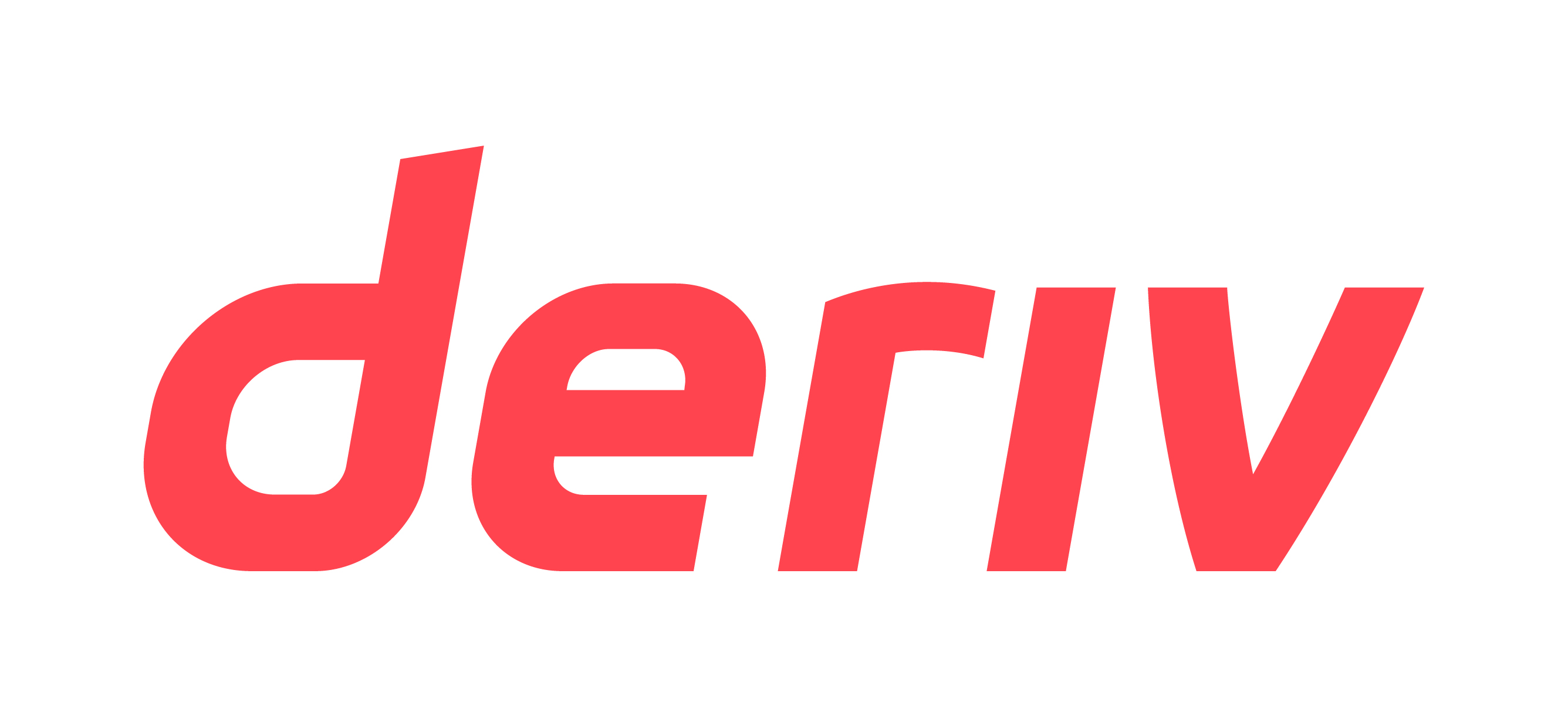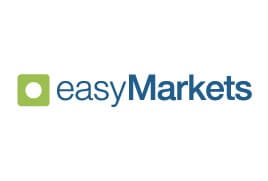Forex futures are a type of derivative investment. They’re basically agreements that stipulate the time and price at which one party must purchase or sell a particular currency. This manual for trading foreign exchange futures describes how the market functions, lists brokers that facilitate trading, and describes common trading techniques. We also look at how forward contracts, options on foreign exchange, and futures contracts are different and how they are the same.
Best Forex Futures Brokers in South Africa

Quotex

Deriv

Exness

IQ Option

Hycm

Easy Markets
Forex Futures: What Are They?
The futures contract is an example of a simple derivative. When one financial instrument’s value is determined by the value of another, the first is said to be a derivative. The only thing that affects the value of a derivative tied to a specific currency pair, like USD/GBP, is how the prices of the two currencies change.

To emphasize, forex futures contracts have their own distinct symbols.To give just one example, the symbol “6E” represents the Euro/U.S. Dollar pair on the website of the CME Group.
Forex trading on the spot market versus futures trading
The distinction between spot forex and futures trading is a common topic of inquiry amongst traders. The most crucial factors are as follows:
Spot Forex Value: In spot forex, transactions are made at the current market exchange rate. The future is determined by the present (or what participants are willing to pay).
Timescales: Spot denotes a “swap” of currencies at the time of the trade. Futures delay this until the contract’s specified time.
Spot forex trading has made it possible for small investors to participate in the foreign exchange market through the use of leverage. Futures tend to be used by larger institutions (which may be hedging) and speculators trading larger amounts because they require a bigger initial investment and more trading.
Difference Between Futures and Forwards in Foreign Exchange
Forward contracts are not standardized, while futures contracts are. Therefore, forex futures are not adaptable and only come in predetermined sizes. In addition, clearing houses process the transactions in accordance with predetermined norms. Retail traders and investors prefer Forex futures.
Futures Trading on the Forex Market
Foreign exchange futures are a tool for risk management and speculation for both small and large investors.
Potential Risks and Future Actions
When investing, hedging via forex futures can help reduce the risk associated with currency exchange rate fluctuations. Although retail traders can gain some advantage from this approach, institutional investors typically reap the greater rewards. Hedging with forex futures is a good idea from a mathematical point of view, but it may not have much of an effect on smaller scales.
So, here’s a case in point: A company in the United States is waiting to get paid EUR 1 million for work done in Europe.
In five months, you’ll get your money. The exchange rate between the euro and the dollar is 1.12 right now. That works out to $1,120,000 in US dollars for every million euros. An unexpected decline in the value of the dollar would be disastrous for American firms. A drop to 1.10 would result in a loss of $20,000.
- There is no workable way for the company to insure the trade on the spot forex market.
- It can, however, profit from a decline in the exchange rate by selling eight contracts for EUR 125,000 in forex futures. This gain would then cancel out any losses brought on by the deal.
- The limitations of this practice for retail traders are also made clear by this illustration.
Speculation
Speculation is a common practice among Forex traders. They speculate that the value of one currency, say the Euro (EUR), will rise relative to another and will buy it, then sell it at a profit. Unfortunately, if the price drops, you won’t be able to make a profit using this strategy. As a result, you might have trouble trying to make money off of the expected depreciation of the Russian Ruble due to, say, the conflict in Ukraine.
This problem is solved by futures. If a trader thinks a currency’s value is going to fall, they might choose to sell futures instead of buying them.
In contrast to the forex market, futures are subject to exchange regulations. Due to the wide variety of contract sizes offered, they are suitable for retail investors. Institutional investors, on the other hand, may find that their liquidity makes them a good option when looking to take on substantial positions.
Details of an Agreement
Futures contracts in the foreign exchange market adhere to the guidelines we’ve already discussed. They have a set size, a date of expiry, settlement rules, and many other characteristics that differentiate them from other contracts.
One essential feature is the tick, which is unique to each contract. As such, it represents the smallest possible price swing. An illustration is the most helpful tool for learning the tick. The tick size for the CAD/USD pair is $0.0001 per CAD. This translates to a change of $10 with contracts pegged at $100,000 Canadian.
Normal FX futures contracts are cumbersome and time-consuming for retail traders. Thankfully, shorter contracts are also an option. In comparison to a standard contract, e-minis and e-micros are just a tenth of the size.
What exactly is it?
Foreign exchange (FX) traders are often required to put up an initial margin with the clearing houses that settle the contracts. The margin makes sure that the trader has enough money in their account to cover the transaction.
Any time the maintenance margin falls below a predetermined threshold, a margin call is issued. The margin level has fallen below the set mark, and additional deposits are required to restore it. Otherwise, the exchange will automatically halt any open positions.
On their websites, the Chicago Mercantile Exchange (CME) and other exchanges post detailed lists of contract support information, such as the exact maintenance requirements.
Speculators in foreign exchange futures may do so at financial centers all over the world.
When it comes to foreign exchange futures trading, no one does it better than the CME. In addition to “traditional forex futures,” the exchange has been testing out cryptocurrency and fiat options. The Intercontinental Exchange and Eurex are two other examples of major exchanges.
Foreign exchange futures trading is carried out in real time through a public cry-out system. Unfortunately, many markets have discontinued this service. To put it simply, electronic means, especially the internet, are the simplest.
Futures trading on the foreign exchange market is similar to spot currency trading in every other respect. In addition to these common strategies, investors also use:
- Options
- ETFs
- Spot
Methods for Analyzing the Market
Forex futures trading, like stock trading, makes use of both technical and fundamental analysis. The foreign exchange market’s price movement is analyzed through the lens of technical analysis, which makes use of either real-time or historical charts. The investor looks at key market data, like price and volume, to make predictions about the market’s future direction.
The use of fundamental research is the main differentiator between the analysis of forex futures and the analysis of stocks. Foreign exchange (Forex) traders should be familiar with macroeconomic principles and forecasting techniques. On the other hand, stock market investors get their fundamental analysis from financial statements, health, competitors, and how the market feels.
Currency futures are affected by events on a global scale. Some of the most important factors include inflation, deflation, interest rates, political unrest, sanctions, and commodity prices. Usually, a change in any of them will impact the value of a currency.
The Japanese yen, for instance, is highly reactive to changes in the price of energy. This is due to the fact that Japan is a major energy exporter.
Conclusions on Foreign Exchange Futures Trading:
Futures on the foreign exchange market are widely used by investors as a tool for hedging against and trading on fluctuations in exchange rates. The value of currencies is often affected by socioeconomic factors, so it’s important to factor these into your trading strategies. Keep in mind that the margin size can amplify both your gains and losses. If you want to start trading forex futures right away, check out our recommended brokers.
FAQ
A currency futures contract is defined.
Basically, a currency futures contract is an agreement between two parties to trade a certain amount of one currency for another at a certain date and exchange rate in the future.
Both parties can use the contract to set a future exchange rate and reduce their exposure to risk.
After the contract is bought or sold for speculation, the agreed-upon exchange rate will be used on the contract’s expiration date.
What’s the frequency of future settlements?
Each day, until the end date of the futures contract, the market value is calculated, and any changes are settled.
Futures: Can They Be Sold Before They Expire?
Yes. It is possible to liquidate a futures contract before its end date. If a contract is in the opposite direction and value is added, this will “close” the original contract, rendering it null and void.
When Do Futures Expire and Why?
The date of delivery or exchange is the “expiration date.” If the deal doesn’t close, then there’s nothing for the derivative to “derive” a price from.
